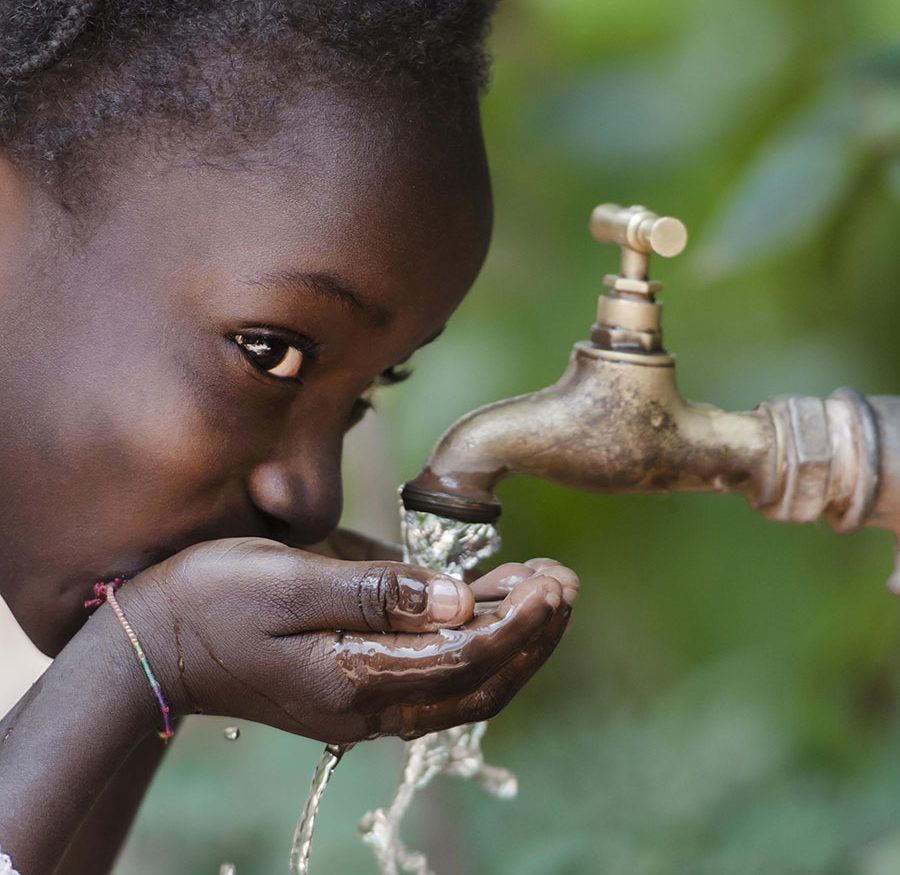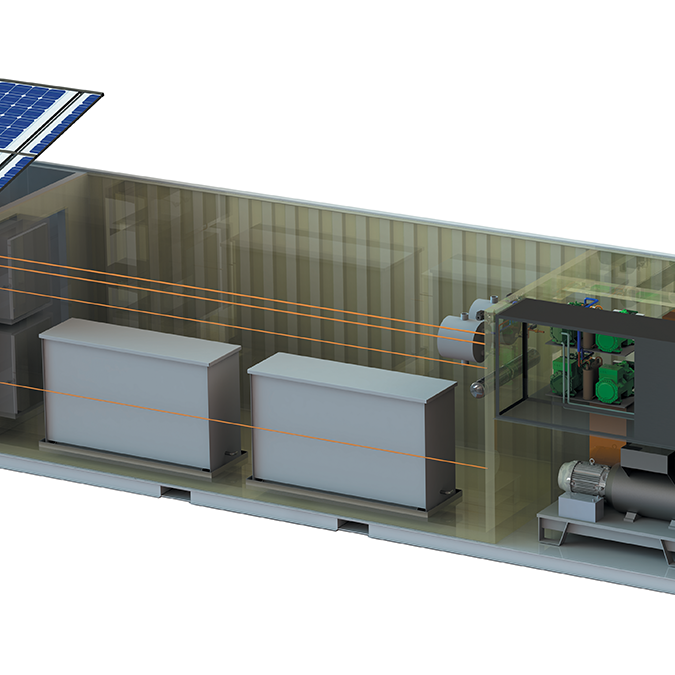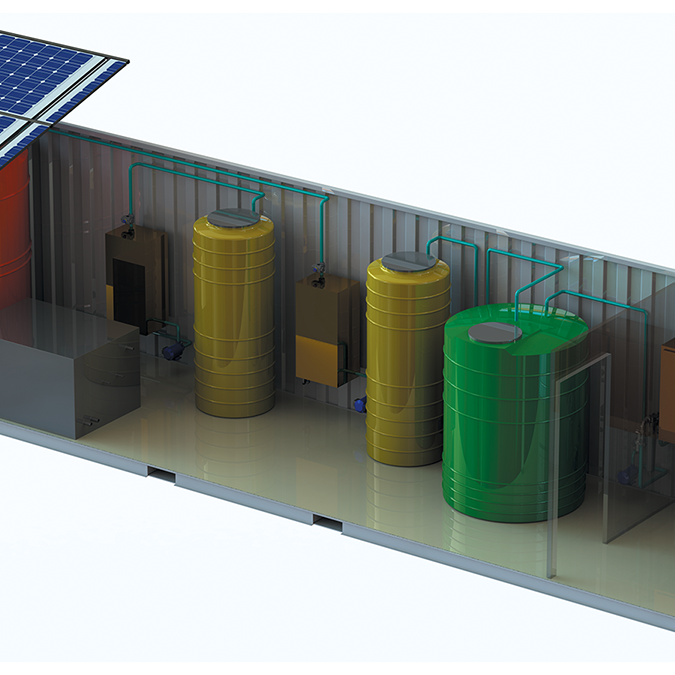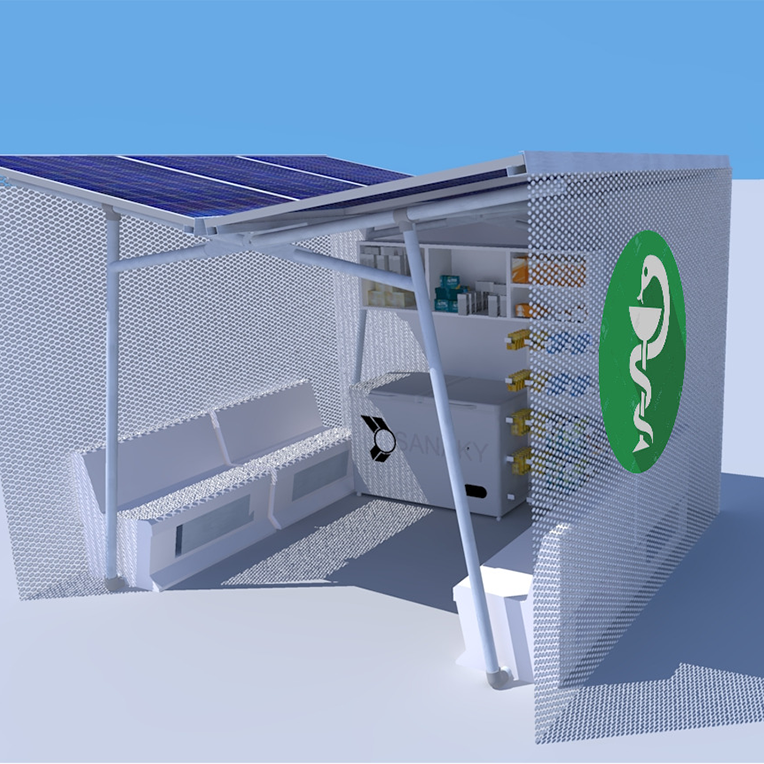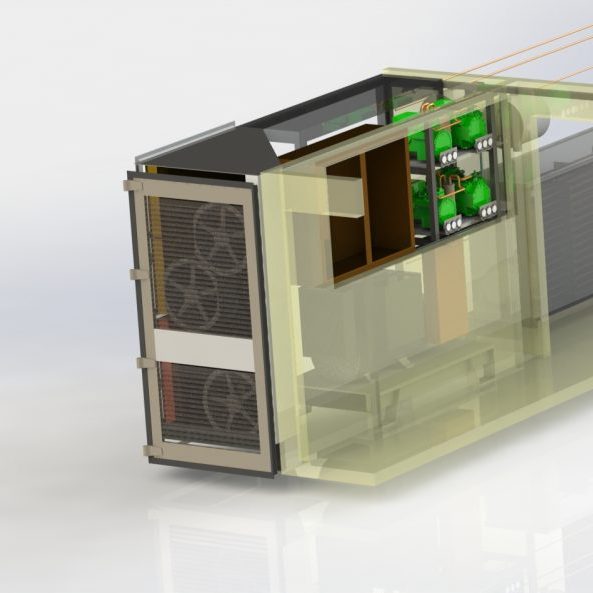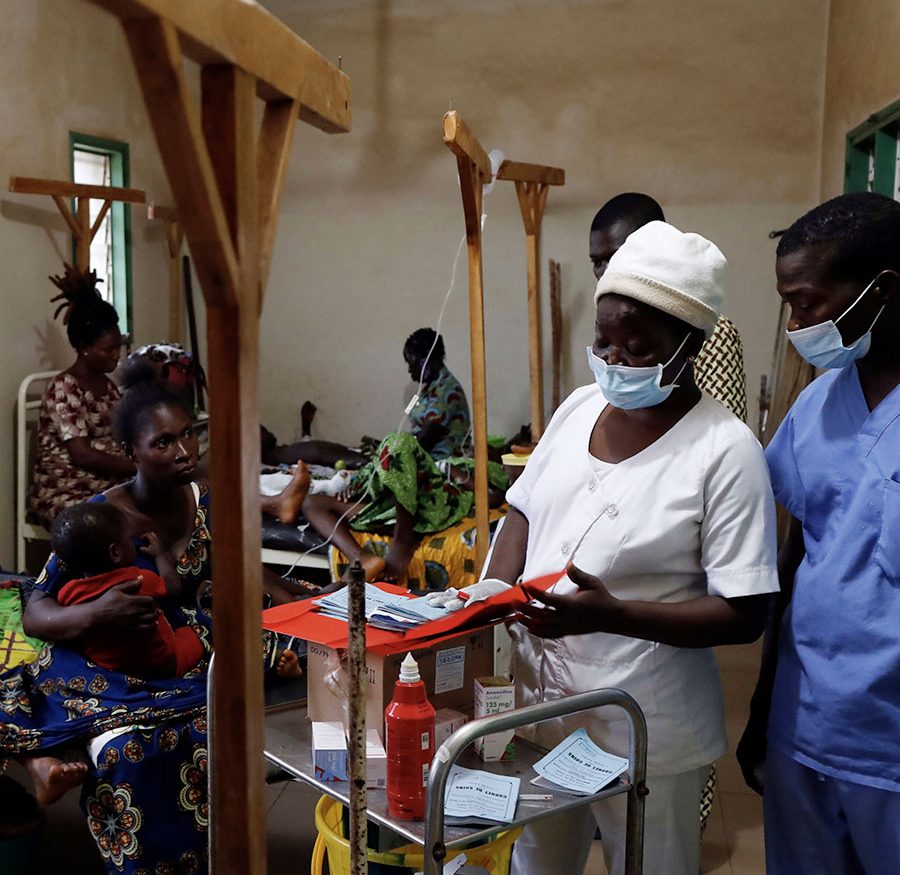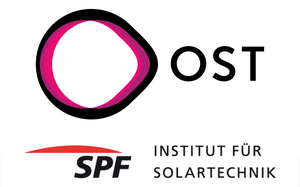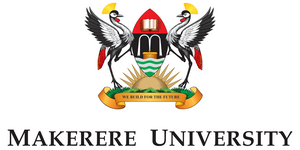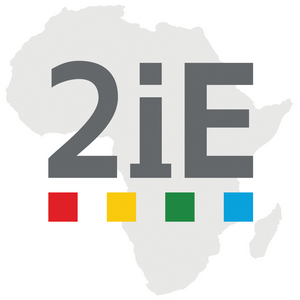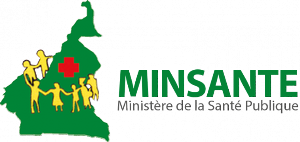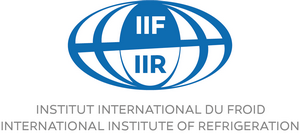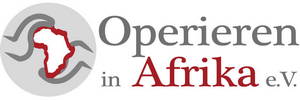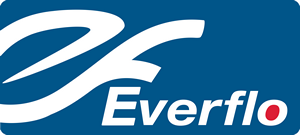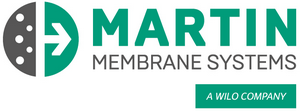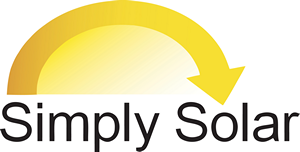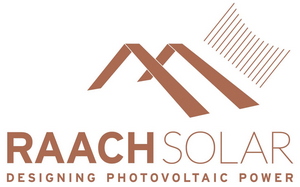SophiA, Sustainable Off-grid solutions for Pharmacies and Hospitals in Africa, enables African countries to pursue sustainable pathways of development through a low-carbon, climate resilient and green growth trajectory, leapfrogging fossil fuels and high global warming potential refrigerant technologies. This project allows for sustainable energy supplies and water free of bacteria and viruses for rural and remote health facilities in Africa. This tailored approach allows for both easy implementation and the ability to preserve the existing infrastructures.
Rural areas in Africa lack access to health care, schools, clean water and infrastructure, which leads to a higher number of illness and poverty compared to urbanized regions. Medical health care must cope with the poor electricity and water supply in the remote and rural areas of Africa. SophiA systems will be manufactured in Africa and will provide for the first-time innovative solutions based on climate-friendly natural refrigerants to cover cooling demand for three different temperature ranges (-70°C with ethane, -30°C with CO2 and +5°C with propane).




